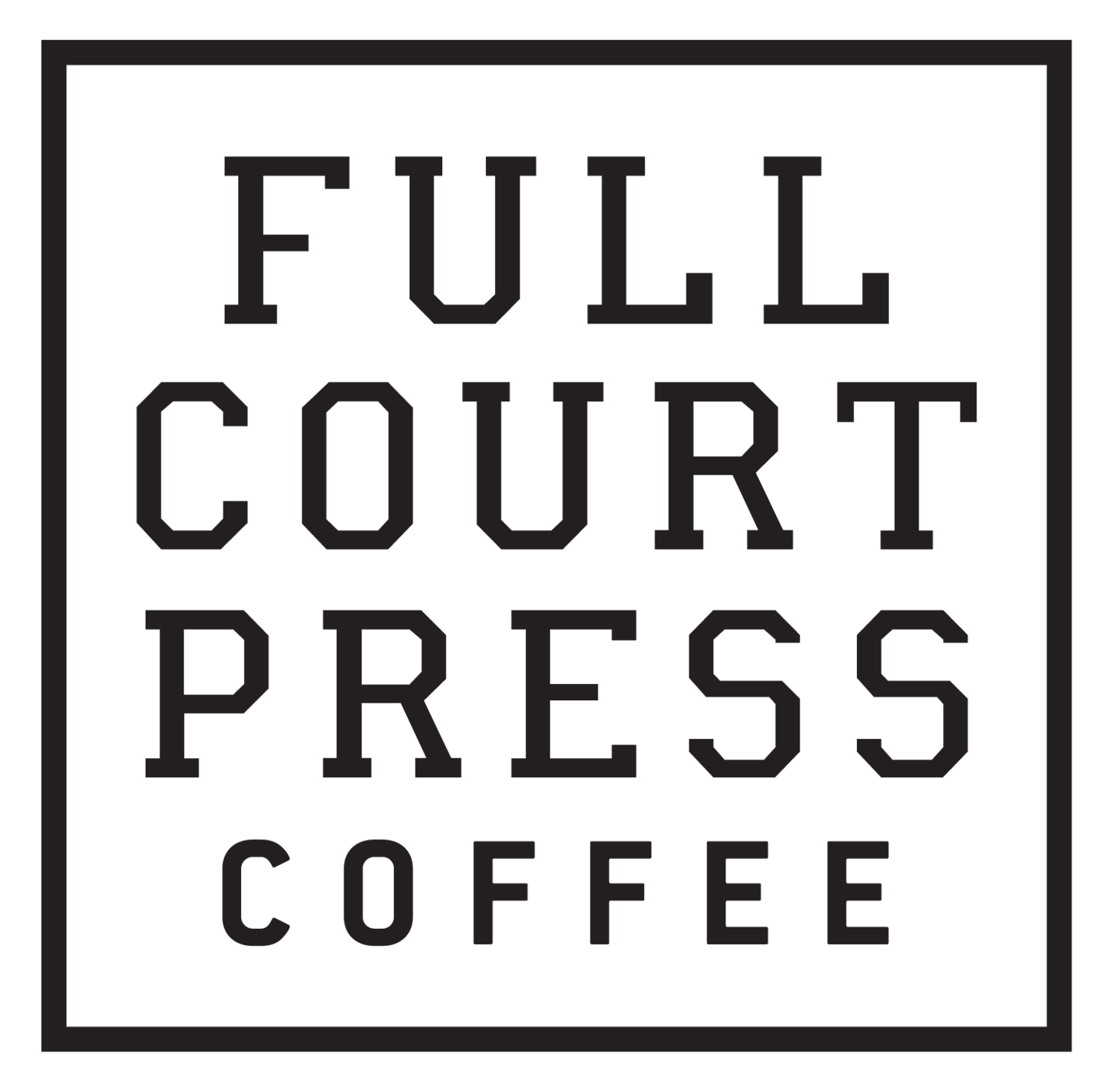RAISING PRICES - 2020
It's that time of year again, time for our annual blog post about why we have to raise our prices. We're 7 years old now, and this hasn't got any easier, but the facts remain the same and so we have decided to raise prices on April 1st for all Filter and Espresso based drinks
our new pricing will now be;
Espresso - £2.90
Milk Drinks (all sizes) - £3.30
Filter Brews - £3.20
These are, as always, floor prices for a ceiling cost per KG of £22. If the coffee costs more than £22, then we will raise the price accordingly.
For some further context here is what we've considered when reaching this decision;
Cost of goods.
Usually this is the catch-all reason used to explain away any price rise, and yes, rising costs usually lead to a rise in selling price. But I feel it's a lazy way out to follow this tack so let’s look at our costs;
Price rises - A big year for price rises as we've seen increases in both direct and indirect costs. Milk, Alt-Milk, Cake, Pastries, Consumables, Electricity, Waste and recycling collection, all these and more have gone up in price over the past 12 months. Our biggest single cost is still coffee though and one of the great things about this yearly email is that it's easy to see trends. In 2014 our average coffee price was £17 per kg and by 2018 that had risen to 30% to £24 per kg. Last year saw this drop to £22 as we moved our buying away from overly expensive microlots or experimental processes to focus more on the solid speciality grade coffees that producers grow more of. Choosing to buy in this way whilst working with those who pay well for these coffees is an attempt to maximise the impact that a small shop like our can have. So how about 2019/2020?
For the first 2 quarters of trading this financial year (April 2019 - Sept 2019) we spent £15,773 on coffee, over £2000 more than the same period last year, but this does include increased retail buying. Taking this into account over 26 weeks and an average of 30kg per week this gives us a per/Kg cost of £21.06 , a £0.80 per kg decline on last year. For all intents and purposes coffee has stayed steady and early results from Q4 this year show a slight increase is coming.
The cost of service.
Great coffee is nothing without great service and in my view the best service is always provided by committed professionals. We also have a unique style of menu, that relies heavily on the staff to provide clear and concise information allowing the customer to make a more informed choice, as situation where a degree of professionalism comes to the fore. To foster this professionalism, FCP only hires staff to salaried contracts with all the appropriate benefits (pensions, Sick Pay etc..), rather than casual or Zero Hour contracts as is common. This means that for the staff we hire, coffee is a career, not just a job.
With an increase to the National Living Wage , this is where the biggest new cost will be felt. We already pay our staff above the minimum wage, but with that due to rise by 51p per hour, it would be wrong for us not to pass this on to our staff. Why? Simply put the premium they were being paid for their professionalism would be wiped away in an instant. Whilst a common perception is that cafes are a "licence to print money" as a business we hover on the line between break even and making a small profit, a significant cost increase of this kind to a payroll that already runs at 31% of turnover could be potentially crippling.
The cost of quality and the true cost of coffee.
The easiest solution, and one that have have had mentioned to me on numerous occasions, is to buy cheaper coffee. But to do this would compromise what we are as a shop and reinforce the colonial nature of the coffee industry.
The simple answer to that simple solution is that we will not ensure our profitability at the cost of the livelihoods of those in producing nations.
Furthermore we aim to brew excellent coffees, to live at the very top of the quality spectrum and provide a unique taste and service experience to our customers. Its self evident then that paying less for our coffee will reduce the quality of what we serve. Put simply, quality costs.
It’s also very easy to find articles on how the price of green coffee has been rising and falling in recent years. On the whole they will be referring to the "C" price, which is that for commodity or exchange grade arabica traded on the major stock exchanges, a trading system that has deep roots in the colonial system of exploitation, where the rich reap the rewards at the expense of those at the end of the trading chain. Buying cheaper coffee from our roasters means they will in all likelihood have paid less for it, and we refuse to go down that route. We buy from a trusted group of roasters who deal, on the whole, in Speciality Grade coffee. This has increased traceability, usually to farm level, but often to individual plots. But this is not enough and recent exposure to the green coffee end of the value stream has opened our eyes, our aim now is to not only by great coffee but to ensure as much as e can that it is at a price that ensures profit for the producers. . Read this for a good breakdown of the hidden costs in coffee or buy the excellent pamphlet "Ask me about cost of Production" by Juniors Roasted coffee in Portland, either in store on on our website.

